The Trump administration plans to reform export regulations for semiconductors used in artificial intelligence (AI).
The US Department of Commerce announced on May 13 that it will repeal a regulation issued by former President Joe Biden that divided access to AI chips into three levels. The decision is expected to take effect on May 15.
The Trump administration is drafting its own approach and may move to negotiate individual deals with individual countries, according to people familiar with the matter.
The Commerce Department also said it would issue guidance clarifying that using Huawei's Ascend AI chips anywhere in the world violates US export regulations.
Furthermore, the US government plans to warn about the potential consequences of allowing the use of US AI chips in the development of Chinese AI models.
The US Commerce Department said in a statement that the Biden rule would weaken US diplomatic relations with dozens of countries. It also said it would issue a formal notice repealing the old rule and issuing a replacement in the near future.
The change in AI chip rules came during President Trump’s visit to the Middle East. Trump’s replacement rules, which would strengthen control over overseas chips, are still being finalized.
The US Commerce Department said the new rule would be a bold, comprehensive strategy for securing US AI technology with trusted foreign countries around the world, while preventing the technology from falling into the hands of competitors.
The ongoing policy debate centers on how to regulate the shipment of semiconductors to countries outside China. The new rules would not change measures aimed at China, which would create new opportunities for other countries to negotiate access to chips as governments around the world seek to develop domestic AI capabilities.
These deals may be influenced by investment commitments or broader trade and diplomatic factors. The US has imposed strong restrictions on the sale of advanced chips to China since 2022 and has strengthened those measures several times.
Nvidia, a leading maker of chips for training AI models, has opposed the increased US restrictions. The company has been a critic of chip export regulations and has pushed for their complete repeal.
Restricting third countries will only push Nvidia closer to China, according to Nvidia CEO Jensen Huang. Recently, he said that American companies should be allowed to sell to China, a market he predicts will reach $50 billion for AI chips in the next few years.
However, the US government banned Nvidia from selling H20 chips in China, a move that cost the company $5.5 billion./.
Source: https://www.vietnamplus.vn/chinh-quyen-cua-tong-thong-trump-se-cai-cach-quy-dinh-xuat-khau-ban-dan-post1038450.vnp


![[Photo] General Secretary To Lam works with the Central Policy and Strategy Committee](https://vphoto.vietnam.vn/thumb/1200x675/vietnam/resource/IMAGE/2025/5/28/7b31a656d8a148d4b7e7ca66463a6894)

![[Photo] Prime Minister Pham Minh Chinh receives a bipartisan delegation of US House of Representatives](https://vphoto.vietnam.vn/thumb/1200x675/vietnam/resource/IMAGE/2025/5/28/468e61546b664d3f98dc75f6a3c2c880)
![[Photo] Vietnamese and Hungarian leaders attend the opening of the exhibition by photographer Bozoky Dezso](https://vphoto.vietnam.vn/thumb/1200x675/vietnam/resource/IMAGE/2025/5/28/b478be84f13042aebc74e077c4756e4b)
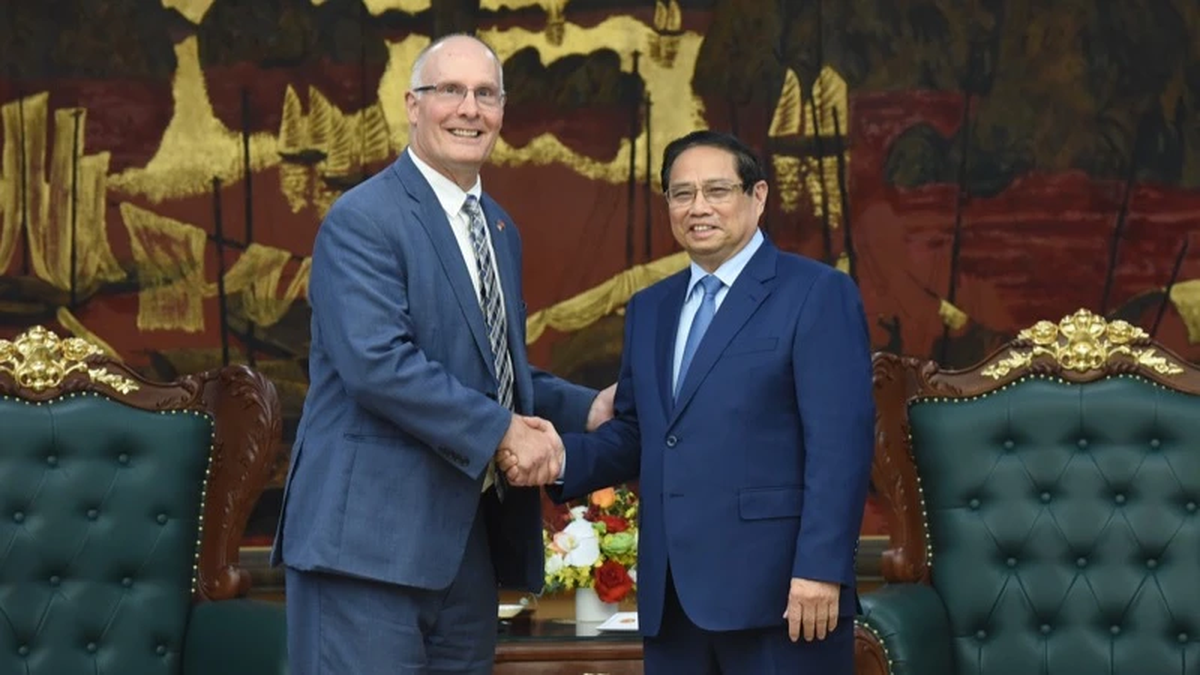
![[Photo] 12th grade students say goodbye at the closing ceremony, preparing to embark on a new journey](https://vphoto.vietnam.vn/thumb/1200x675/vietnam/resource/IMAGE/2025/5/28/42ac3d300d214e7b8db4a03feeed3f6a)





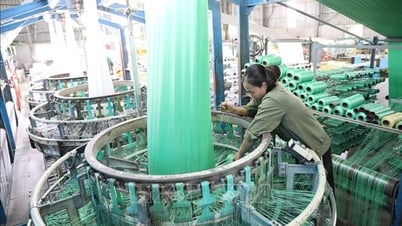









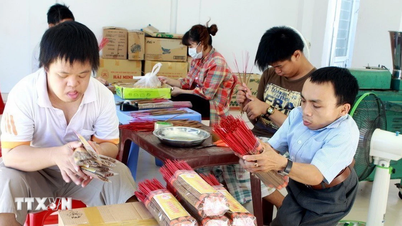
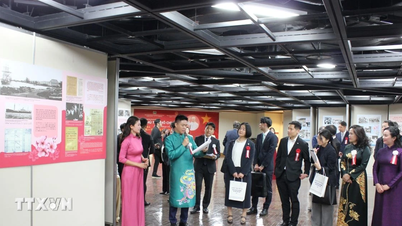
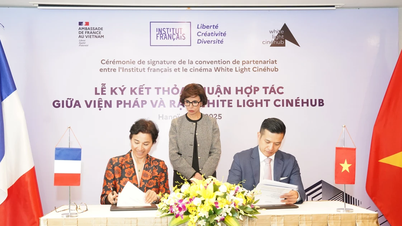































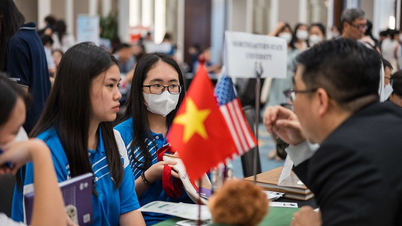











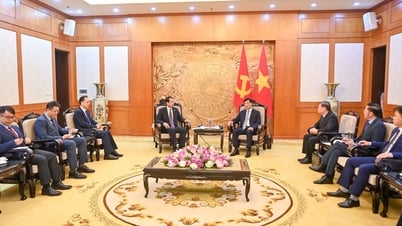




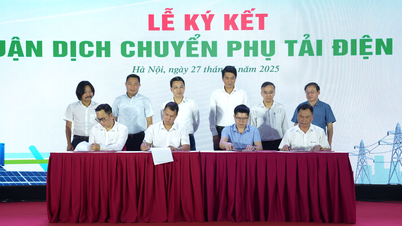
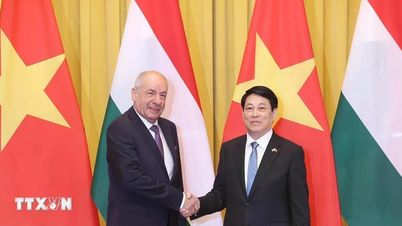















Comment (0)